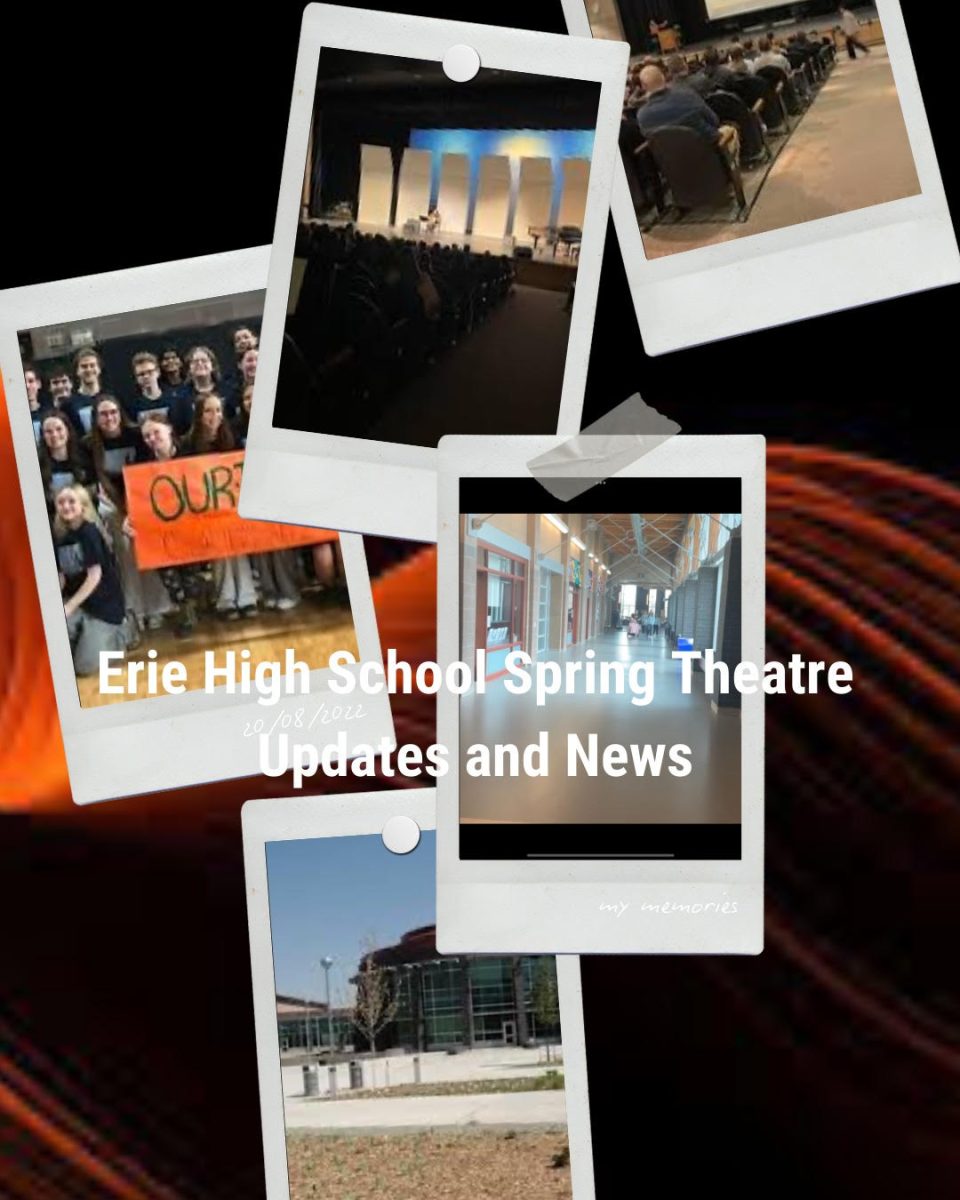While the class of 2025 prepares to toss their graduation caps in the air this spring, one of the largest generations in modern history, Gen Z, is about to enter the workforce in full. But for the first time, this generation, born between 1997 and 2012, is entering a workforce shaped by technology, remote work, mental health awareness, and shifting workplace mores in warp speed.
Since this new generation is more socially conscious and digitally born than previous generations, it also brings with it its own set of issues in a tumultuous job market. From driving to “ghost jobs” to demanding meaningful work with better benefits, Gen Z is rewriting the very fabric of employee culture itself. Here’s a close examination of how Gen Z is defining the 2025 job market and what employers should know to attract and retain this powerful new generation of workers.
When entering the job market, young workers usually face a variety of unknowns. But for Gen Z, the heat is turned up. 79% of Gen Z job candidates reported feeling anxious about landing a job, and rightfully so, as reported by a recent Greenhouse survey. Today’s hiring environment is filled with impediments that did not exist for previous generations.
Among the biggest problems is the spread of “ghost jobs”—jobs listed online but never intended to be hired for. These job listings waste the time of applicants and contribute to the already heightened frustration of younger job seekers who are facing intense competition for any available jobs. Most young job applicants spend hours crafting tailored resumes and rehearsing interviews, to be met with nothing, leaving them feeling insignificant and ignored. In fact, much of Gen Z job searching is characterized by radio silence after applications are submitted.
Compounding this is the heightened fear about AI-generated job scams that specifically target younger, technology-literate individuals. With AI software ever more sophisticated, scammers are leveraging these programs to create phony job listings, automated interviewing protocols, and even fake training schemes that masquerade as authentic. This is creating an environment of mistrust and skepticism, causing Gen Z to be increasingly wary about believing in internet-based job sites or automated hiring protocols.
These are some of the factors for which it doesn’t surprise to see mental health support as one of Gen Z workers’ top priority. Mental well-being among young workers is beaten down by an uncertain and all too often disheartening workforce, and young workers want companies that offer better than a wage.
Whereas Millennials were so frequently stigmatized as the “entitled” generation, Gen Z’s demands for work-life balance, mental health support, and openness are not products of laziness, but of a perception of how work must adapt to their lives and the world they’re stepping into.
The spirit of Gen Z can be distilled in three words: mental health, flexibility, and purpose. According to a Forbes survey on the topic, 61% of Gen Z workers prioritize mental health benefits, such as counseling services, wellness programs, and mental health paid days. Having grown up with social media and being exposed continuously to the brutal realities of life, most members of this generation are far more attuned to the psychological toll that work takes on one’s mental well-being. For this reason, they are looking for employers who are sensitive to this and offer tangible support.
This sensitivity towards mental health goes hand-in-hand with an even greater emphasis on work-life balance. Gen Z is more inclined than previous generations to prioritize flexibility over compensation. In a recent survey by HR magazine, Gen Z workers place a great premium on work offering flexible hours, telecommuting, and being able to balance personal life and professional responsibilities. In fact, 58% of Gen Z candidates have cited the potential to work remotely as a deciding factor when considering job offers. To this generation, the idea of working in an office for 40 hours a week is no longer appealing. Instead, they want hybrid work models that provide both flexibility and teamwork.
Gen Z is also deeply committed to having meaning in their work. They are disenchanted by conventional corporate arrangements and instead desire to work in careers that will make a difference. According to a Deloitte study, over 70% of Gen Z employees want to work for companies that align with their values, particularly in areas like environmental sustainability, social justice, and diversity and inclusion. While previous generations might have accepted corporate jobs for the paycheck or prestige, Gen Z wants to find companies that not only offer competitive wages but also care about making the world a better place.
As they are the first generation to have grown up entirely in a computer world, it’s not surprising that Gen Z is highly tech-savvy and highly adaptable when it comes to adopting new tools and platforms. However, they also have a complicated relationship with technology.
While they adopt AI-based tools and automation easily, they are also wary of the impact these technologies have on their security and privacy.
For instance, most Gen Z participants are concerned with corporate surveillance and AI recruitment tactics being intrusive. They may be accepting of the adoption of AI for their personal use, such as content creation or recommendation tools, but are not sure they would support uses in monitoring and surveillance of workers inside the workplace. This skepticism doesn’t make them technophobes, however. Technology is an important utility for making work more productive and engaging. Applications such as Slack, Zoom, and Trello are integrated into their day-to-day workflows, and they leverage digital tools for everything from collaboration to calendaring. But in running the workplace, **Gen Z prefers to be part of a team, not under the thumb of micromanaging algorithms.
As work from home and AI technologies become more integrated into company culture, there needs to be a balance by employers between leveraging technology for productivity and creating a work environment that respects privacy, creativity, and independence.
The silver lining for employers is that a large number of them are actively working to accommodate the needs of this new generation. As Gen Z continues to grow as a percentage of the workforce, businesses are changing their workplace culture, benefits, and hiring practices to keep this talented pool of employees.
One of the most significant shifts is in employee benefits, as Gen Z is looking for more than just traditional benefits like healthcare and paid time off. Companies are introducing mental health initiatives,such as therapy allowances, employee assistance programs (EAPs), and wellness days to mitigate burnout. According to a report by Gallup, 67% of companies are now offering mental health resources to employees, up from just 45% five years ago.
Flexibility is also a key element of this generation shift. Many companies now offer flexible working hours or telecommuting for full-time or part-time workers. For instance, Salesforce has introduced a hybrid approach to work that enables employees to split their time between the office and home while having the ability to create their own schedules. This is a direct response to Gen Z’s need for freedom and flexibility in the workplace.
Another adaptation is the development of reverse mentoring programs whereby younger employees mentor senior executives on everything from technology trends to work-life balance. This mutual learning experience across both generations narrows the gap between them and allows them to learn from each other. Gen Z staff bring fresh thinking, particularly around digital literacy, social justice, and innovative workplace norms.
Finally, the focus on purpose-driven work is driving companies to take on greater levels of openness in their practices. Gen Z workers are demanding that companies not just espouse their values but also openly eschew commitment to social issues like climate change, racial justice, and community engagement. This shift can be seen in the rise of corporate social responsibility efforts and companies incorporating sustainability approaches into their business models.
With the job market uncertainty, economic trends, and fast-paced work environment changes, Gen Z is turning out to be a movement of cultural revolution. Gen Z’s worldview is built on the pillars of mental well-being, flexibility, and purpose, and they are demanding workplaces with these values through their voices.
For companies, though, understanding and adopting these values is crucial. Companies that fail to adapt will be missing out on the talent of one of the most diverse, tech-savvy, and socially-conscious generations to ever set foot in the workplace. Through 2025 and beyond, the question isn’t if and when Gen Z will revolutionize the workforce—it’s how quickly companies will catch up with them.
Gen Z is on the verge of revolutionizing the 21st-century concept of work. The next question, though, is, are the employers prepared to catch up to them?










































